Introduction
Skincare plays a crucial role in maintaining healthy and radiant skin. With numerous products available in the market, it can be overwhelming to choose the right ones for your specific needs. In this article, we will guide you through the process of selecting the ideal skincare products for your daily routine. We will focus on essential categories such as facial cleansers, moisturizers, sunscreens, and exfoliators, ensuring that you can make informed decisions. Let’s dive in!
TIPS:
- Understanding Your Skin Type
- Importance of Facial Cleansers
- Choosing the Perfect Moisturizer
- The Vital Role of Sunscreens
- Incorporating Exfoliators in Your Routine
- Building a Skincare Regimen
- Identifying Key Ingredients
- Considering Allergies and Sensitivities
- Assessing Brand Reputation
- Seeking Professional Advice
- Experimenting with Sample Sizes
- Evaluating Product Reviews
- Comparing Price and Value
- Developing Consistency in Skincare
1. Understanding Your Skin Type
Before delving into the world of skincare products, it’s essential to identify your skin type. Skin types can vary from oily, dry, combination, to sensitive. Understanding your skin’s unique characteristics will help you select products tailored to your needs.
2. Importance of Facial Cleansers
Facial cleansers serve as the foundation of any skincare routine. They remove impurities, excess oil, and makeup, keeping your skin clean and refreshed. When choosing a facial cleanser, consider your skin type and specific concerns. Look for gentle cleansers that don’t strip away natural oils but effectively cleanse your skin.
3. Choosing the Perfect Moisturizer
Moisturizers play a vital role in maintaining skin hydration and preventing moisture loss. They help nourish and protect your skin, keeping it supple and healthy. Select a moisturizer suitable for your skin type, whether it’s lightweight for oily skin or richer for dry skin. Look for ingredients like hyaluronic acid and ceramides that promote hydration.
4. The Vital Role of Sunscreens
Sunscreens are a crucial step in your skincare routine to protect your skin from harmful UV rays. They shield your skin from sun damage, premature aging, and the risk of skin cancer. Opt for broad-spectrum sunscreens with an SPF of 30 or higher. Consider lightweight formulations for everyday use and water-resistant options for outdoor activities.
5. Incorporating Exfoliators in Your Routine
Exfoliators help remove dead skin cells, revealing a brighter and smoother complexion. They promote cell turnover, reduce clogged pores, and enhance the effectiveness of other skincare products. Depending on your skin’s sensitivity, choose between chemical exfoliants (such as AHAs or BHAs) or physical exfoliants (such as gentle scrubs or brushes).
6. Building a Skincare Regimen
Once you have identified the essential skincare products for your needs, it’s crucial to establish a consistent regimen. Determine the order of application, considering factors like product thickness and active ingredients. A typical routine involves cleansing, toning (if desired), applying treatment products, moisturizing, and applying sunscreen in the daytime.
7. Identifying Key Ingredients
When selecting skincare products, it’s essential to familiarize yourself with key ingredients that address your specific concerns. For example, salicylic acid is beneficial for acne-prone skin, while hyaluronic acid provides hydration. Research and understand the benefits of ingredients to make informed choices.
8. Considering Allergies and Sensitivities
Be mindful of any allergies or sensitivities you may have when selecting skincare products. Read ingredient labels carefully, especially if you have known allergens. Patch testing new products can help determine any adverse reactions before incorporating them into your routine.
9. Assessing Brand Reputation
Brand reputation and credibility are crucial factors to consider when choosing skincare products. Look for reputable brands with a track record of delivering high-quality products. Consider brands that prioritize research, testing, and safety standards to ensure you are using reliable and trustworthy skincare.
10. Seeking Professional Advice
If you have specific skin concerns or are unsure about which products to choose, consider consulting a dermatologist or skincare professional. They can provide personalized recommendations based on your skin type, concerns, and goals, helping you make more informed decisions.
11. Experimenting with Sample Sizes
Before committing to full-sized products, try out sample sizes or travel-sized versions whenever possible. This allows you to test the products and see how they work with your skin without making a significant investment. Sampling can help you narrow down your choices and avoid potential disappointment.
12. Evaluating Product Reviews
Product reviews and testimonials from other consumers can offer valuable insights into the efficacy and suitability of skincare products. Read reviews on trusted platforms and consider both positive and negative feedback. However, keep in mind that individual experiences may vary, so use reviews as a guideline rather than a definitive measure.
13. Comparing Price and Value
Price is an important consideration when selecting skincare products, but it shouldn’t be the sole determining factor. Compare prices across different brands and consider the value each product offers. Evaluate factors such as ingredients, formulation, brand reputation, and packaging to determine the overall worth of the product.
14. Developing Consistency in Skincare
Consistency is key when it comes to skincare. Give your chosen products sufficient time to work before expecting visible results. Stick to your routine diligently and avoid frequently switching products, as this can disrupt your skin’s balance and make it difficult to gauge the effectiveness of individual products.
15. Conclusion
Choosing the right skincare products is crucial for maintaining healthy and radiant skin. By understanding your skin type, identifying your needs, and considering factors such as ingredients, brand reputation, and reviews, you can make informed decisions. Remember to develop a consistent skincare routine and seek professional advice when needed. With the right products and a well-rounded regimen, you can achieve the healthy, glowing skin you desire.

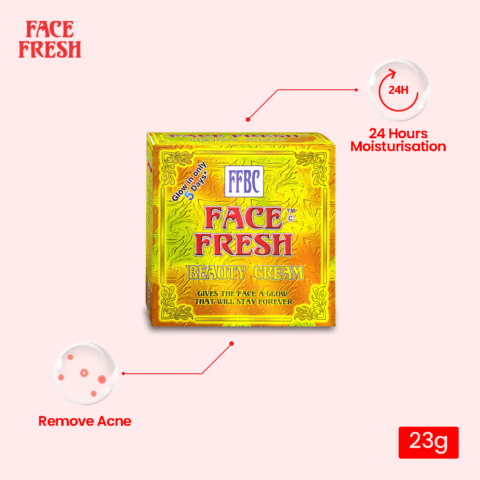
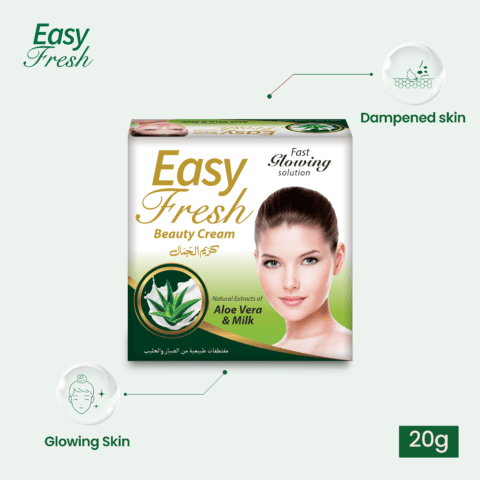
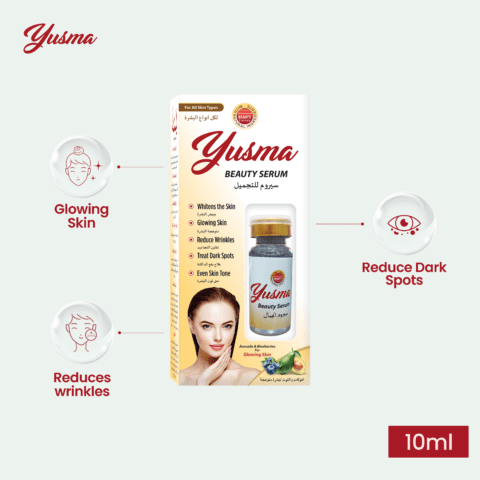
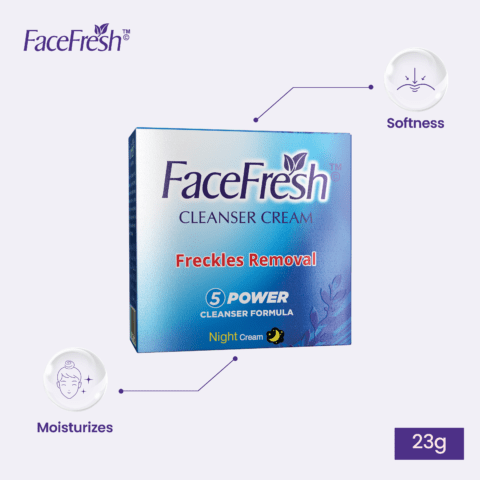
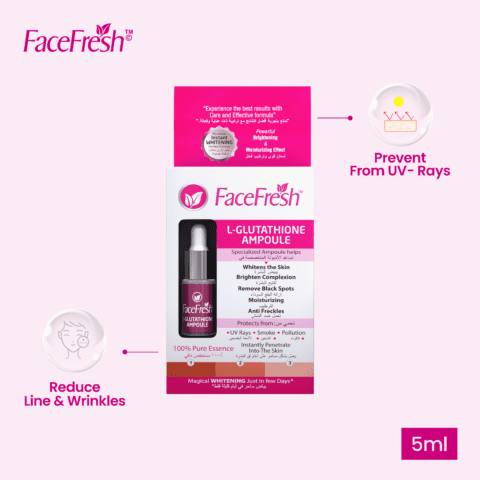

Leave a comment
Your email address will not be published. Required fields are marked *